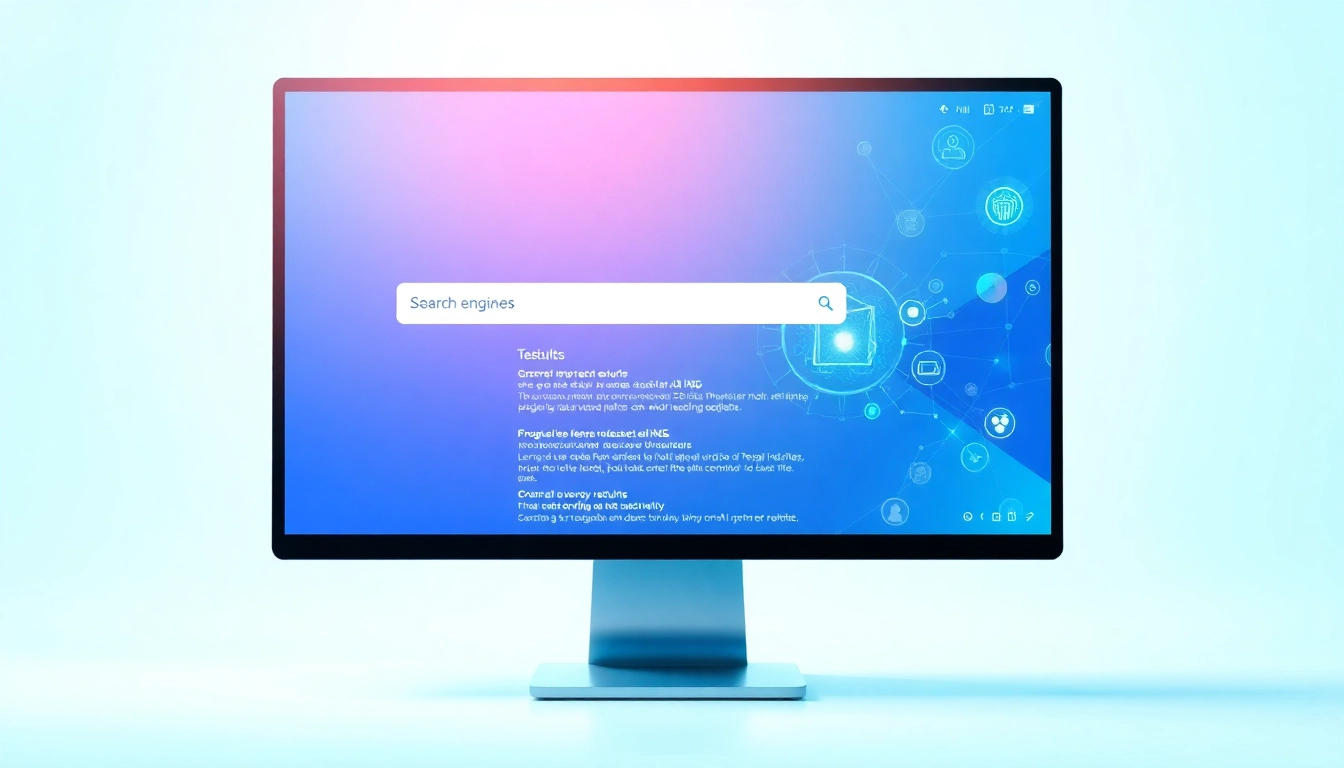Understanding Professional Hacking
The demand for cybersecurity professionals continues to rise as cyber threats become more sophisticated and pervasive. A professional hacker, often referred to as an ethical hacker, plays a crucial role in safeguarding digital assets by identifying and rectifying vulnerabilities in systems. Below, we delve into what defines professional hacking and explore the various subcategories, debunking myths and solidifying the role within today’s technological landscape.
What Defines a Professional Hacker?
A professional hacker is an individual who possesses advanced skills in cybersecurity, using these skills to enhance security measures for organizations. Unlike cybercriminals, professional hackers operate within legal boundaries, often with explicit authorization, to conduct security assessments. The term encompasses various specialists, predominantly ethical hackers or white hat hackers, who perform penetration testing, security audits, and vulnerability assessments. Typically, their actions are geared towards preventing unauthorized access and potential breaches.
Ethical vs. Unethical Hacking
The primary distinction between ethical and unethical hacking lies in the intent and legality of the actions taken. Ethical hackers, or white hats, have permission from the relevant authorities to probe networks and systems. Their goal is to discover vulnerabilities that malicious hackers, or black hats, may exploit. In contrast, black hat hackers illegally access systems for personal gain, which can include stealing sensitive data, deploying malware, or causing disruption.
Common Myths About Professional Hackers
Several misconceptions surround the image of professional hackers. One prevalent myth is that hackers are predominantly nefarious characters working under the veil of secrecy. In reality, many hackers follow a strict ethical code and are vital in protecting organizations. Moreover, there’s a belief that all hackers possess programming skills at an advanced level when it is possible to succeed in ethical hacking with a foundation in networking and operating system understanding, along with continuous education and experience exposure.
The Path to Becoming a Professional Hacker
Embarking on a career as a professional hacker requires a blend of formal education, hands-on experience, and an ongoing commitment to staying abreast of emerging trends and technologies within cybersecurity. Below, we outline essential skills, recommended certifications, and avenues for educational resources.
Essential Skills and Knowledge Requirements
The foundation of a successful professional hacker includes proficiency in:
- Networking: Understanding network architecture, protocols, and devices is essential for identifying security weaknesses.
- Programming: Knowledge of programming languages like Python, Java, or C++ aids in developing custom scripts and understanding software vulnerabilities.
- Operating Systems: Familiarity with various operating systems, especially Linux, Windows, and macOS, enables hackers to navigate and exploit system vulnerabilities.
- Security Models: Knowledge of different security models aids in the development of strategies to safeguard information systems.
Recommended Certifications
Certifications validate the skills and knowledge of aspiring professional hackers. Some of the most recognized certifications include:
- Certified Ethical Hacker (CEH): Offered by the EC-Council, CEH provides comprehensive training on ethical hacking techniques and tools.
- CompTIA Security+: An entry-level certification that covers various domains of cybersecurity, providing foundational knowledge.
- Offensive Security Certified Professional (OSCP): An advanced certification focused on practical experience in penetration testing.
- CISCO Certified Network Associate (CCNA): While not strictly a hacking certification, having strong networking fundamentals is crucial for anyone in cybersecurity.
Finding Educational Resources
Numerous online platforms, colleges, and universities offer courses and degrees in cybersecurity and ethical hacking. Websites like Coursera, Udemy, and edX provide access to industry’s modern courses, while universities may offer degree programs. Participating in coding bootcamps focused on cybersecurity can also accelerate learning and offer practical experience.
Tools and Technologies Used by Professional Hackers
The effectiveness of hacking relies heavily on the tools available to hackers. These tools facilitate various tasks, from scanning and reconnaissance to exploitation and reporting. Understanding these tools is imperative for any professional hacker.
Key Software for Ethical Hacking
When it comes to ethical hacking, several software tools stand out:
- Metasploit: A widely used penetration testing framework that helps identify security vulnerabilities by exploiting them.
- Nmap: A powerful network scanning tool that aids in discovering hosts and services on a network.
- Wireshark: A network protocol analyzer that helps capture and analyze packet traffic in real-time.
- Burp Suite: A comprehensive web application security testing tool that assists in finding vulnerabilities in web applications.
Understanding Vulnerability Scanning Tools
Vulnerability scanning is a crucial part of maintaining system security. Tools like Nessus and OpenVAS allow professionals to evaluate network security and identify existing vulnerabilities. These tools automate the discovery process, significantly reducing the time needed to locate potential security issues.
Utilizing Penetration Testing Frameworks
Penetration testing frameworks guide professionals through comprehensive security assessments. The OWASP Testing Guide is a notable example that provides methodologies and tests specifically for web applications. This structured approach helps ensure thorough coverage of potential vulnerabilities.
Professional Opportunities in Hacking
As the field of cybersecurity expands, a variety of career paths are emerging for professional hackers. These pathways can lead to lucrative opportunities and are crucial in shaping the future of digital security.
Career Paths in Cybersecurity
Common career trajectories for professional hackers include:
- Penetration Tester: Responsible for conducting authorized attacks to evaluate the effectiveness of an organization’s security.
- Security Analyst: Provides critical analysis of security systems, monitors for breaches, and implements protective measures.
- Security Consultant: Offers expert advice to organizations on security measures and strategies to mitigate risk.
- Incident Responder: Works in an active role during security incidents, analyzing breaches and recommending remedial actions.
Freelancing vs. Employment in Cybersecurity
Many professionals navigate between freelancing and permanent employment. Freelancing can provide flexibility and potentially higher earnings, though it requires self-motivation and personal branding. In contrast, full-time employment typically offers more stability, benefits, and opportunities for professional development.
Building a Professional Network
A robust professional network is invaluable for advancement in cybersecurity. Networking can be done through attending conferences, participating in online forums, and joining professional associations such as the Information Systems Security Association (ISSA). These connections can lead to mentorship opportunities, job offers, and collaborations on projects.
Staying Ahead in Cybersecurity
The cybersecurity field is dynamic, with new threats and technologies emerging constantly. As such, remaining competitive requires a commitment to continuous learning and professional development.
The Importance of Continuous Learning
Professional hackers must constantly update their skills. Enrolling in advanced courses or acquiring new certifications can significantly enhance one’s expertise. Podcasts, webinars, and relevant literature can also provide insights into the latest trends and best practices in cybersecurity.
Keeping Up with Cybersecurity Trends
Staying informed on the latest cybersecurity threats and trends is crucial for success. Following cybersecurity news outlets, joining relevant social media groups, and subscribing to industry journals can help professional hackers understand how to mitigate emerging risks effectively.
Building a Strong Reputation as a Professional Hacker
Establishing a strong professional reputation is essential for career advancement. Contributing to open-source projects, writing articles, and speaking at conferences can enhance visibility and credibility. Additionally, a commitment to ethical standards and confidentiality will bolster a hacker’s reputation within the industry.


